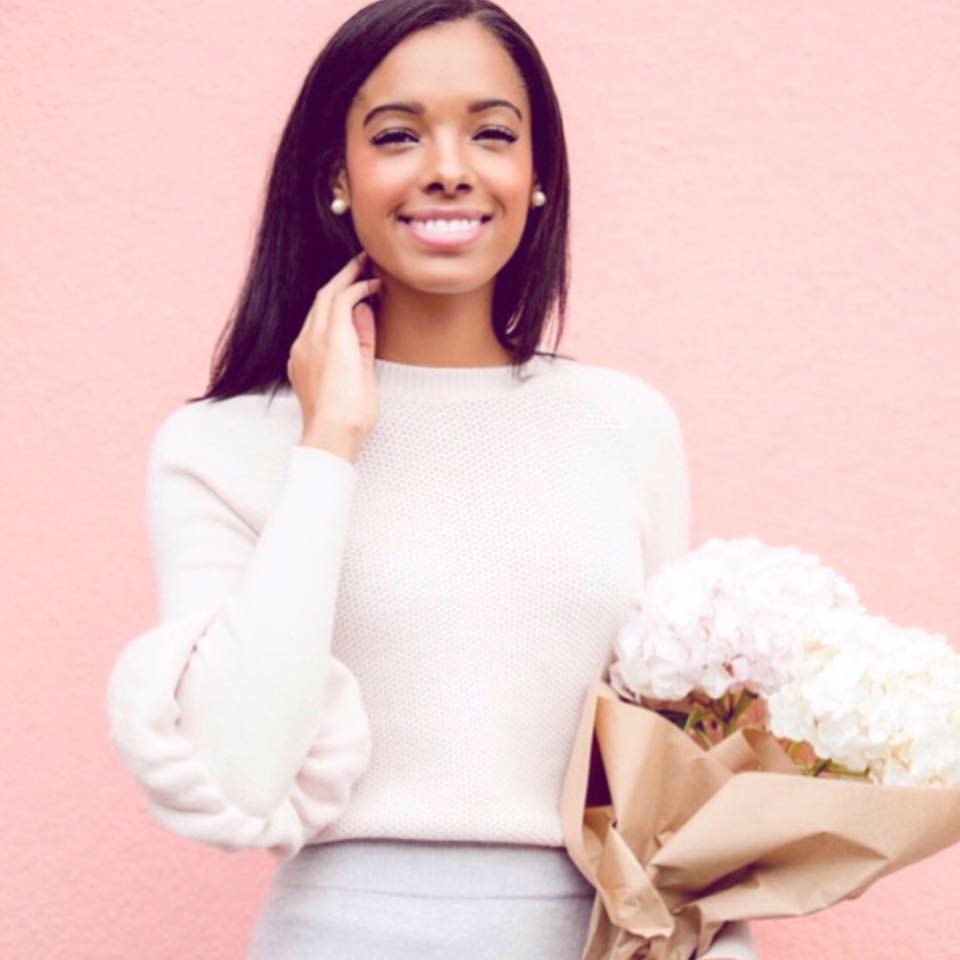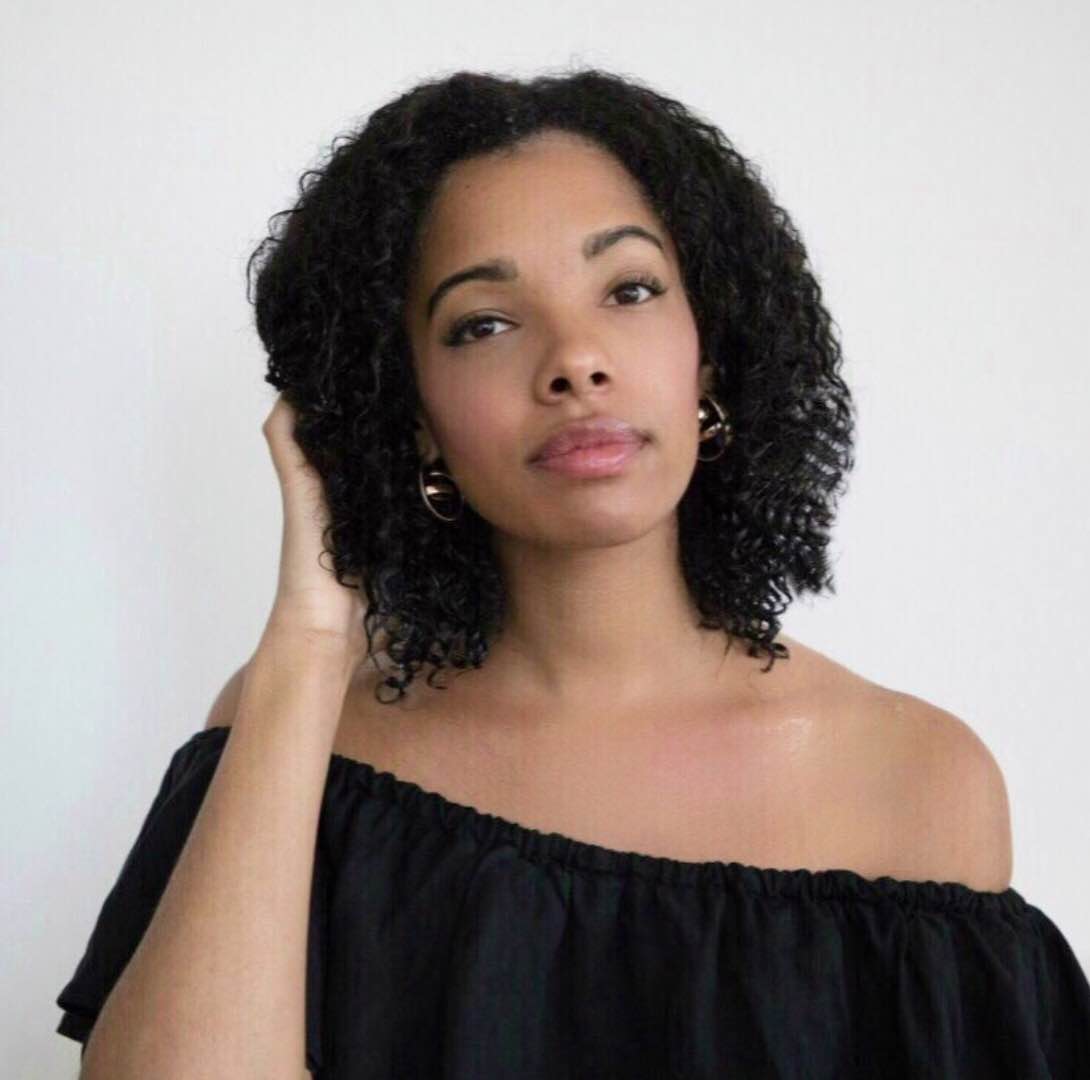Let’s talk hair ladies.
And no, this post is not on the Shea Moisture products I can’t live without ( kidding we can live without all of them)
Black hair care was relatively new to me until I was a teenager, and sometimes still is. Growing up in a predominantly white town until I was 16 years old, I moved from a school where my sister and I were the only African American students in a grade of over 150, to a town known as one of the most diverse cities in northern New Jersey. I didn’t even know what wrapping my hair was guys. Let that sink in…
I started getting perms at around 9 years old because my mother did not have the time nor did she have the patience to deal with me and my sister’s hair. Perm during the school year, braids for summer camp, that was our routine. I had no idea what my natural hair looked like and it didn’t really bother me up until about a year and a half ago when I started growing it out. But let’s talk about WHY I started growing out my perm.
Social media is a powerful thing. I’ve noticed with great pleasure that over the past few years, especially during the Obama Administration (it’s amazing what having an example of excellence can do for one’s own perception of self and future potential) our community has taken over digital media. Determined to spread positive and encouraging messages about the unlimited potential of black youth, awareness of the unnecessary, unjustified and barbaric killings of black men and women by law enforcement, and highlighting the true beauty that lies in our melanin skin, full lips and rich curly hair, but most importantly- our minds (black women are the most highly educated group in the United States, after all).
And within that, came this movement of “natural hair” and I put that in quotations for a reason. While I appreciate and encourage the catalyst behind this movement- pride in our African features, the notion that beauty does not lie solely in European features- thin noses, fair skin and straight hair- but can be shared, even surpassed by a people that has been oppressed, silenced and told for so long theirs were undesirable, yet constantly appropriated by those without them. This representation of “natural hair” wasn’t all that natural. The curl patterns I would consistently see throughout social media were big, loose soft curls that are most often not shared naturally by the majority of black women.
And then came the hair products, so many hair products! Vloggers, bloggers and even my close friends were doing so much to manipulate their hair into forming a curl pattern that was just not natural to them. Even buying wigs to get that curl just right, so that they might once again fit into this pre-determined idea of beauty. The same way we would use perms, spending an exorbitant amount of money each year, trying to have what was considered “good hair”, the culture of hair exclusivity we so personally and greatly experienced for so many years is now one we are perpetuating in our community. Research from Mintel reveals that sales of styling products have increased 26.8 percent from 2013 to 2015- the peak of the natural hair movement, reaching $946 million, now comprising 35 percent of Black haircare sales. And “while it’s no surprise that consumers want to look good, appearance has a major impact on Black consumers’ overall well-being.” This movement should be centered around inclusiveness. From 3a hair to 4c- we are black women and we should celebrate the beauty of our natural features in all forms. Tight coily ‘fro, curly ringlets, zig zag waves and everything in between, I encourage social media platforms and our readers to embrace the versatility of our beauty.
I’ve worn my hair natural many times since moving to San Francisco, and while I like having the versatility to wear my natural curl pattern, I enjoy my hair healthy and without any chemicals, but with a nice blowout-sometimes I’ll even throw in some clips for volume. And you know what-that’s ok! Embrace how you feel most beautiful and what works best for you. If that’s your natural hair, wigs, weaves, clips, straight or curly, it should be about you, not what’s determined by society or expected of you. It doesn’t mean you are any less “woke”, unaware of the political climate as it relates to our community, or rejecting your natural features and the beauty that lies within them. In fact, it can be quite the opposite- knowing who you are, and not letting society define your values by the way you wear your hair.


